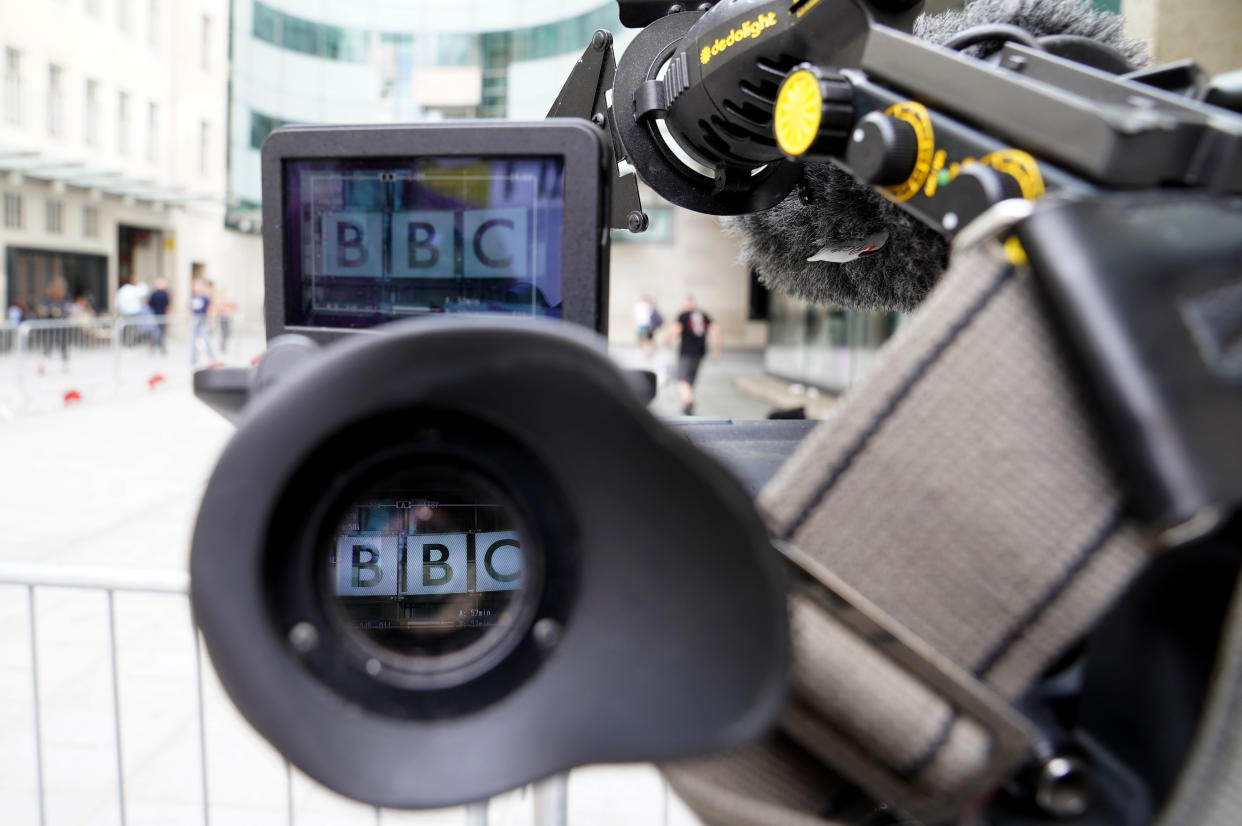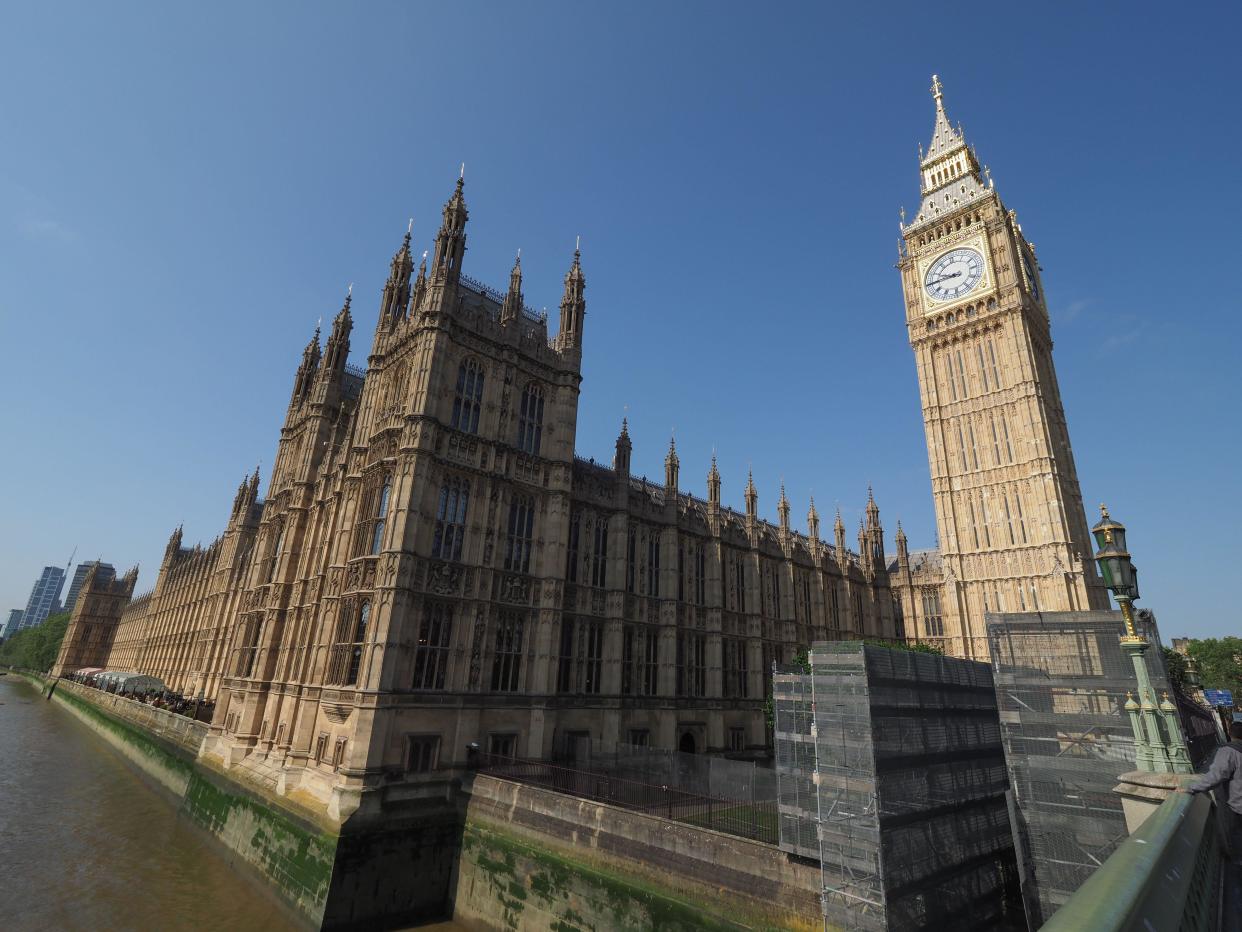What is parliamentary privilege and could BBC presenter be named in Commons?

MPs have been urged not to name the BBC presenter at the centre of allegations about payments for sexually explicit images.
There have been reports that some MPs are threatening to reveal the presenter's identity in the House of Commons using parliamentary privilege.
The BBC has suspended a male member of staff after The Sun newspaper reported he paid a young person around £35,000 over three years, from the age of 17, for explicit images.
Read more: Live updates on BBC presenter allegations
On Monday evening, the young person's lawyer said nothing inappropriate or unlawful had happened with the BBC presenter, and called The Sun's story "rubbish".
However, their mother stands by the initial claims, The Sun reported.
Yahoo News UK explains parliamentary privilege and whether it could be used to name the BBC presenter:
What is parliamentary privilege?
According to the Parliament UK website, parliamentary privilege grants certain legal immunities for members of the House of Commons and the House of Lords "to allow them to perform their duties without interference from outside of the House".
These privileges include freedom of speech, freedom from arrest on civil matters and freedom of access to the sovereign.
Watch: MPs would be 'ill-advised' to name BBC presenter in Commons
Have MPs used parliamentary privilege before?
Yes, MPs have previously named public figures.
In 2018, former Cabinet minister Lord Hain used parliamentary privilege in the House of Lords to name Sir Philip Green as the subject of harassment allegations in the Daily Telegraph newspaper.
In 2011, Liberal Democrat MP John Hemming told Parliament that footballer Ryan Giggs had obtained an injunction to prevent reporting of an alleged affair.
Could the BBC presenter be named in Parliament?
MPs could use their parliamentary privilege to reveal the name of the BBC presenter without risk of defamation.
However, work and pensions secretary Mel Stride told Times Radio on Tuesday it would be "ill-advised" for MPs to name the presenter in the House of Commons.
In a separate interview with LBC Radio, Stride said: “I think everybody has to take their own decision on this one.
“I can only tell you what I would do, which is that I would not be naming anybody in the House of Commons.

“Parliamentary privilege is a very special and privileged thing and it should be used very, very sparingly.
“My own view is that, regarding the BBC situation, not enough is known yet by the outside world of absolutely what has been going on here.
“And until we know all the facts, and we won’t know I think until this whole matter is concluded, I think it would be wrong to prejudge things and jump to conclusions that people should be named or otherwise.”
Prime minister Rishi Sunak declined to comment on the question of parliamentary privilege.
He said: “We have an existing set of laws that govern free speech and privacy.
“I think it’s important that the BBC conducts this investigation quickly and rigorously given the concerning and serious nature of the allegations.”
What has the House of Commons said?
A spokesperson for the House of Commons said: “Privilege should always be used carefully, recognising that members do have the right to free speech in the chamber.”
Watch: Rishi Sunak says BBC investigation needs to be quick and rigorous


